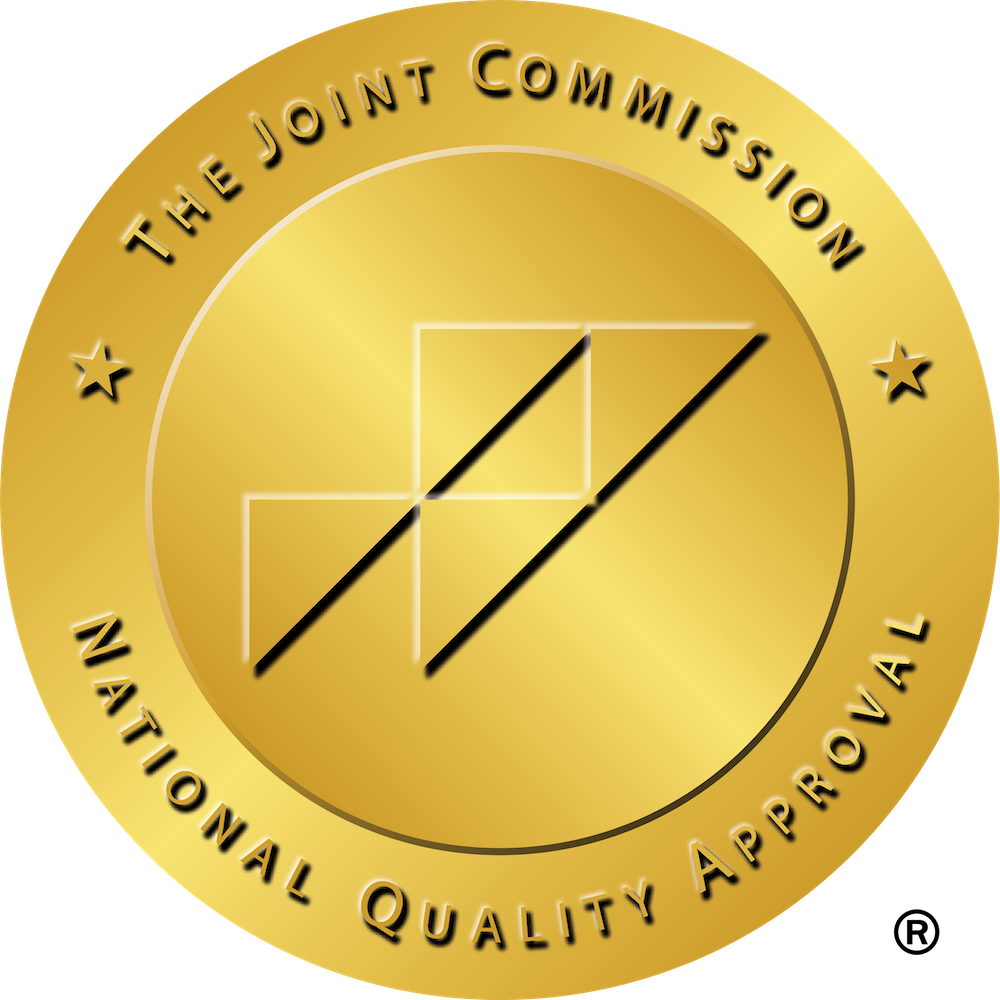We Accept Insurance
Reduce obsessive thoughts and compulsive behaviors
Acquire skills for long-term symptom management
Make positive changes that last
Managing OCD in teens: Hope and help are available
Living with OCD as a teen feels like a constant rollercoaster of obsessive thoughts and rituals. This struggle disrupts school and social life.
The good news is OCD isn’t a life sentence. At Avery’s House, we address the root causes and teach healthier coping methods. Reach out today to start your teen’s journey toward recovery.




Flexible Treatment Options
Our experienced clinicians will carefully assess your child’s needs to determine whether they should be in a teen residential treatment program with round-the-clock supervision, or if they would benefit more from a flexible option like our Day Treatment Program.
Residential Program
- A program offering 24/7 support and supervision in a nurturing, home-like atmosphere
Day Treatment
- Less intensive than residential treatment, our partial hospitalization program (PHP) provides more guidance and support than outpatient services
Intensive Outpatient (IOP)
- For individuals seeking more intensive treatment than outpatient therapy but who prefer to stay at home, it consists of 3-4 weekly sessions
Individualized care meets inclusivity
OCD treatment for teens
At Avery’s House, we believe that every teen who walks through our doors deserves care that’s as unique as they are. That’s why we customize our treatment approach, ensuring it’s never a one-size-fits-all solution.
Inclusivity and diversity aren’t just buzzwords for us—they’re the bedrock of everything we do. We’ve created a space where teens can not only find the support and healing they need but also get to celebrate who they really are regardless of background or identity.
We’re In-network with Insurance Providers
We work with most major insurance providers to help minimize the cost of treatment. Let’s check to see if your provider will cover your treatment.
How to help a teenager with OCD
If you notice what looks like OCD symptoms in your teen, such as repetitive behaviors or intense preoccupation with specific thoughts, it’s essential not to overlook these signs. They’re often more than just quirky habits and can be indicators of deeper underlying issues. Recognizing and promptly addressing these symptoms is crucial, as early intervention can make treatment so much more effective.
At Avery’s House, we understand the complexities involved in dealing with OCD. Together, we’ll explore a range of treatment options carefully tailored to meet your child’s unique needs.
42% of US high school students report depression symptoms
Identifying OCD in adolescents
Obsessive-compulsive behaviors might seem irrational or over-the-top for those unfamiliar with the disorder. Yet, for adolescents grappling with OCD, they’re driven by deep-seated compulsions and are a source of significant emotional distress. OCD symptoms in teens may include
- Excessive checking: This behavior goes beyond everyday safety concerns. It could involve repeatedly ensuring that doors are locked, appliances are turned off, or items are clean.
- Redoing tasks: Constantly rewriting, rereading, or redoing homework. This is not about striving for perfection in the usual sense but is driven by an underlying compulsion.
- Counting and recounting: A common symptom is persistent counting of items, sometimes in a specific order or pattern. This often interferes with the teen’s ability to complete tasks efficiently.
- Constant worry: A pervasive fear that something terrible will happen if specific routines or behaviors are not performed.
- Rigidity in routines Includes lengthy rituals that make leaving the house or completing tasks time-consuming and distressing.
- Excessive hand washing Goes beyond typical hygiene concerns, sometimes causing skin damage or bleeding.
- Hoarding: Collecting and keeping objects that appear to have little or no value, often to an excessive degree.
- Obsessive need for order and symmetry: This is not just a preference for tidiness but an overwhelming need for things to be arranged in a certain way.
What causes teen OCD?
Like many mental health disorders, OCD’s origins are complex and not entirely understood.
However, most experts believe it stems from a combination of factors rather than a single cause. Factors that may elevate your child’s risk of developing OCD include
- Genetic predisposition: Just like inheriting eye color or height from parents, there’s a possibility that OCD traits can be passed down through families. If there’s a family history of OCD, this could potentially raise the risk for a teen.
- Stressful or traumatic events: Experiencing stress or trauma, especially at a young age, can sometimes trigger the onset of OCD symptoms. These events might include things like the loss of a loved one, bullying, or other significant life changes or challenges.
- Learned fears and behaviors: Sometimes, teens might pick up specific fears or behaviors from family members, not through genetics, but through observation and learning. If a family member displays certain compulsive behaviors or anxieties, a teen might “learn” these as normal ways to cope with stress or fear.
- Environmental influences and upbringing: The environment in which a teen grows up, including their experiences at home, school, and within their community, can play a role in the development of OCD. Factors like parenting style, exposure to specific stresses or pressures, and the overall emotional climate of their environment can be influential.
- Presence of other mental health conditions: Sometimes, OCD might be accompanied by or develop in conjunction with other mental health challenges, like anxiety disorders, depression, or tic disorders. These co-occurring conditions can intertwine in complex ways, potentially influencing the onset or severity of OCD.
OCD treatment for teenagers at Avery’s House
At Avery’s House, we believe treating OCD is a collaborative journey. That’s why our dedicated mental health professionals work closely with you and your teen to develop a treatment plan tailored to their unique needs. Here are some other things that are a part of treatment
- Coping skills training for effective symptom management
- Peer support groups for sharing experiences and strategies
- Guidance for families on supporting their loved one during recovery
- Comprehensive medication management for those who need it
- Life skills training to boost independence and self-reliance
- Robust academic support to keep your teen academically on track while in treatment
Therapeutic services offered as part of our teen OCD treatment program
Our treatment for OCD in teenagers includes
- Child psychologists
- Case management
- Acceptance and commitment therapy (ACT)
- Weekly individual sessions
- Dialectical behavioral therapy (DBT)
- Cognitive behavioral therapy (CBT)
- Art therapy
- Pharmacotherapy


